Buyers Guide to Pool Covers
Buyers Guide to buying Pool Covers Choosing the best pool cover for your swimming pool is one of the most important decisions an Australian pool
People always need answers to their pool-heat-pump-related questions, and one of the key questions we get asked is: how does a heat pump pool heater work?
If you’re looking for a solution to heat your swimming pool when temperatures drop low outside, a pool heat pump is a great option to consider.
If you live in a place where the climate is cold, you will most likely need an electric pool heater to keep the water in your pool warm. But if you live in a place where temperatures do not usually drop below 10 degrees Celsius, a pool heat pump is your best option.
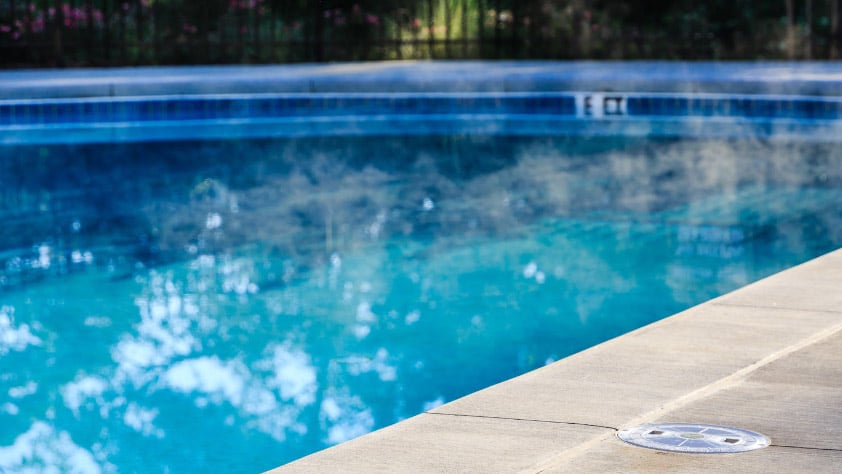
A pool heat pump is an option to heat your pool that will save you money for the long haul. Depending on the electricity rates of your location, a heat pump may very likely be the most cost effective solution compared with other solutions.
For instance, a 1.465 KW electric pool heater needs about 1,500 watts of power. All the electricity converts to heat. On the other hand, a 3.516 KW air conditioner uses only 1000 watts of power.
So it’s clear that heat pumps are around three times as efficient at heating a pool as straight electric heaters (whether they be electric or gas heaters). That’s why pool heat pumps can easily rival natural gas for cost-effectiveness.
According to energy.gov, people can reduce their pool heating costs by:
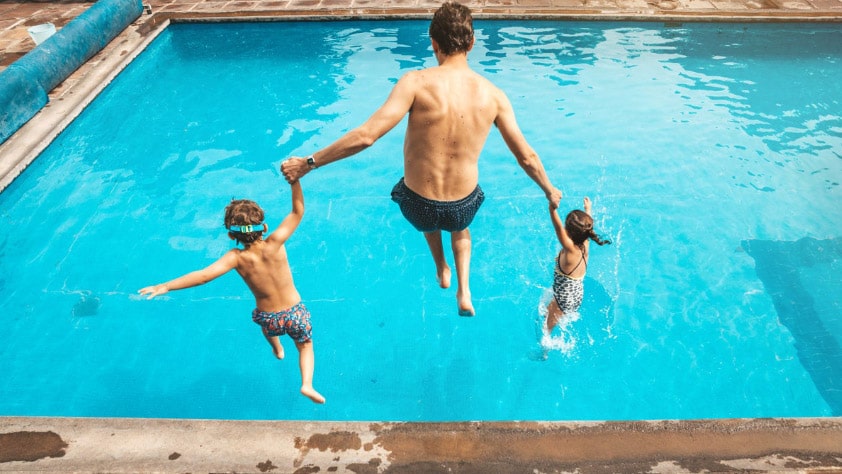
Basically, pool heat pumps are air conditioners that use condensers to heat the pool water passing over a heated coil. The main word in the question is “pump” because it is what it does exactly and what exactly defines the system.
Pool heat pumps do not work like natural gas or electric heaters work. A pool heat pump pumps heat into the pool instead of directly heating the water. It means that heat is already there and will just be moved into where you want it to be.
Heat pumps use ambient temperature to heat your pool water. An ambient temperature system means that the warmer it is, the faster it can heat your pool. It may take days to heat the water to desired temperatures if it is 15 or 21 degrees celsius outside.
So it’s more efficient to heat your pool water when the air outside is hotter or during the hottest time of the day.
To give you an idea of how long it can be to heat your pool, consider that the type of pools that you would find in a gym being heated by pool heat pumps would typically take between one to two days to be fully heated up.
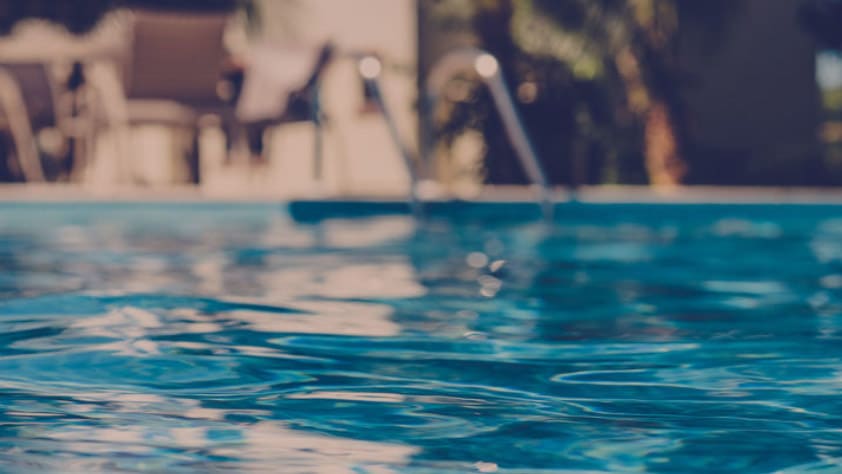
Having a heated pool is something your family can enjoy all year round. However, to keep it at a comfortable temperature, should you leave the heat pump running all the time?
The answer is no. A pool heat pump should not stay on all the time. These devices are equipped with thermostats that automatically turn on their heating function when the pool water temperature drops below the desired temperature.
If the thermostat is set too much higher than the outside air, it means that the heat pump will run constantly. Consequently, that means wasted money and energy.
If you’re leaving the home to go on an extended holiday period, you can set the temperature setting lower. It is still on, but no one is using the pool, so you can opt to set the thermostat lower.
Setting it lower while you are on a vacation will ensure that the pool is continuously heated. When you return from your vacation, it will take you a shorter time to reheat the pool to the desired temperature.
Another technique to be more energy-efficient is to use a pool cover. The cover can help keep heat in so your pump does not need to turn on as often.
You might be thinking that you can save energy by turning the heat pump off on certain occasions. But that might actually cost you more.
The next time you turn it on, the equipment will actually work twice as hard to return your pool to the desired temperature.
After some trial and error, you will discover the best heat pump cycle for your swimming pool.
Here are some further energy-saving tips for indoor pools.
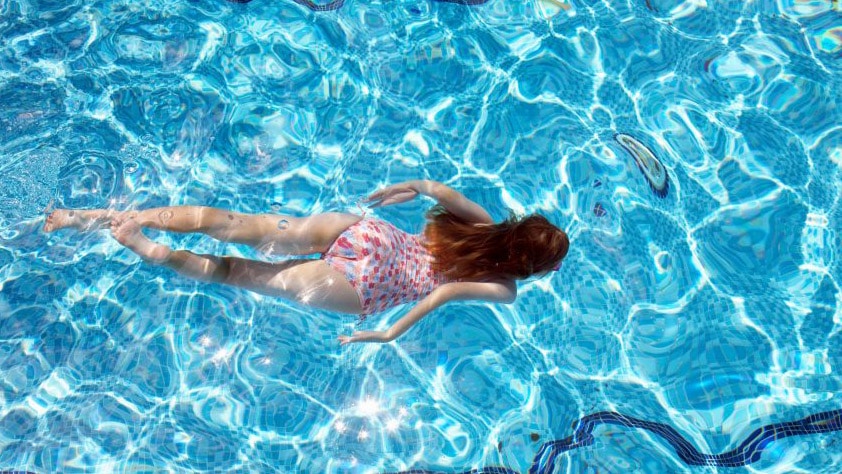
Pool heat pumps are designed to raise a pool’s temperature to the ideal swimming range between 25 and 28 degrees Celsius. Because they work by taking warm air, pool heat pumps work best in humid places where ambient temperatures remain to be above 15 degrees Celsius.
Pool heat pumps do not operate efficiently for outdoor temperatures between -4 to +4 degrees Celsius for most systems. They work best when temperatures are above +4 degrees Celsius.
If the outdoor temperature is below +4 degrees Celsius, your heat pump will start losing its efficiency and consume more energy to heat your pool.
However, people have options for these devices that can operate under -10 degrees, like the Madimack range of heat pumps. Madimack units feature a defrosting function, which is the best way you can protect your heat pump from freezing due to low temperatures.
Such a function is an automatic process that stops the refrigerant from frosting.
Yes, they are definitely worth it! The main reason to heat your pool is for you and your kids to enjoy it all year round. Heat pumps are the most economical options that allow you to use your pool throughout the year without causing a heavy burden on your pocket.
Pool heat pumps come with a cheaper annual cost than natural gas pool heaters, making pool heat pumps more appealing to pool owners who wish to enjoy their haven of warmth all year through.
Of course, heat pumps are more eco-friendly than their natural gas and electric pool heating counterparts. Unlike other types that use propane gasses and fossil fuels, pool heat pumps draw heat from the natural air.
Re-engineered from the ground up to deliver the most advanced residential pool heater in the Australian market. Fitted with the latest inverter technology, the Elite V3 offers the highest efficiency levels, smallest installation requirements and quietest operational levels available.
Our Eco range of units are highly energy efficient pool heating systems, perfect for homeowners who are focused on minimising their utility bills.

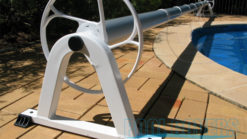
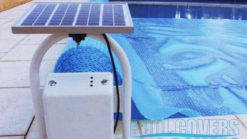
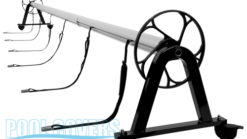
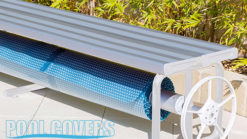
Buyers Guide to buying Pool Covers Choosing the best pool cover for your swimming pool is one of the most important decisions an Australian pool
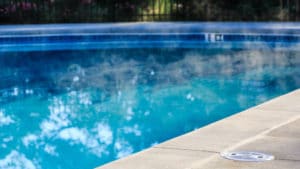
People always need answers to their pool-heat-pump-related questions, and one of the key questions we get asked is: how does a heat pump pool heater
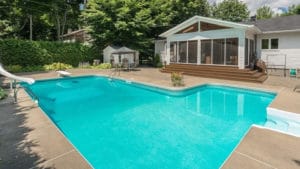
Once you know the correct pool heat pump size required for your pool, you can confidently buy a unit that ensures you have the perfect
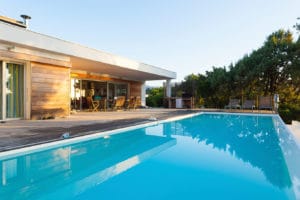
We all love swimming in heated pools, and especially in the colder winter months. So it makes sense to purchase a high-quality, energy efficient heat

|
Uploaded
Failed
|
 |